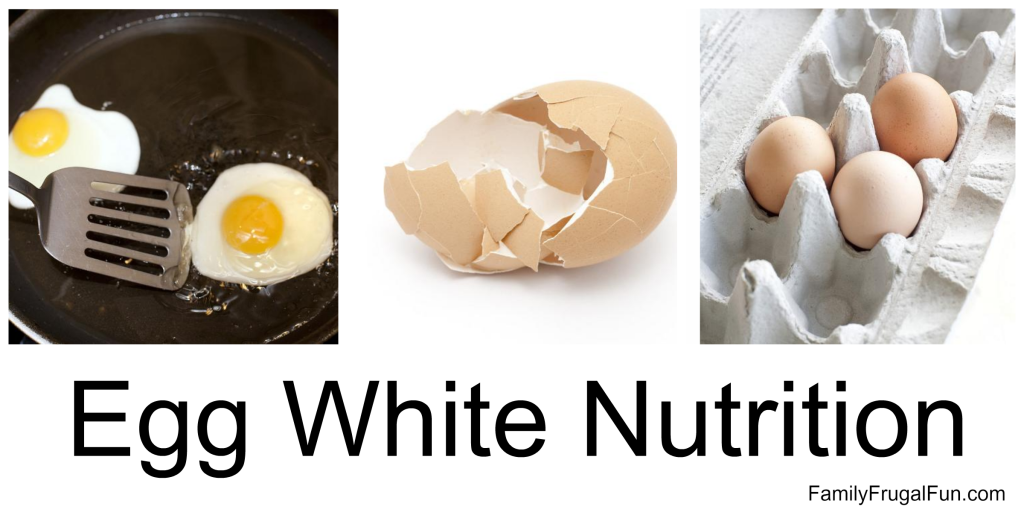Egg White Nutrition – Like so much surrounding what we eat these days, questions still remain about how healthy it is to keep eggs on the menu. When our parents and grandparents were our age (simpler times to be sure) eggs were a staple in the daily American diet. But decades ago, the American Heart Association published dietary warnings about eggs due to their cholesterol content and the suspected link between dietary cholesterol and risks for heart disease. If, like me, you’re a fan of the “incredible, edible egg,” read on. I found some interesting info about egg white nutrition. Hold the Yolk
While eggs (yolk and all) are once again on the “favorites” list of many nutritionists and health professionals due to more recent research and in spite of previous concerns, the nutritional value and high protein of egg whites alone makes them an outstanding choice for those watching calories, fat and cholesterol. Indeed, the humble egg white is roundly considered one of the highest quality foods available.
Here’s why:
Egg whites pack a protein wallop with about 5-7 grams of protein per egg white – that’s 7% of our average daily recommended protein consumption in a very small package! Yet that same egg white is only 17 calories and contains significant sources of riboflavin (B2), selenium, and potassium (about 50 mg). Calcium, magnesium, phosphorous and folate are also found in egg albumin. Not only that, the egg white contains no carbohydrates, fat or cholesterol, making it an almost-perfect nutrition source no matter what your current eating philosophy.
Fitness trainers have long understood the benefits of egg white protein, the key ingredient in many high protein supplements and shakes.
Egg whites are a unique diet solution, in particular, for those with diabetes, high cholesterol or heart disease. According to Mayo Clinic researcher Francisco Lopez-Jimenez, MD, while consumption of an egg a day may be a healthy choice for most adults, diabetic and heart patients will fare better with the egg-white-only option. Egg whites are a healthy choice for all, but recent studies do suggest that diabetes and heart disease can, indeed, be exacerbated by eating whole eggs regularly.
Substituting egg whites for eggs
When making egg dishes, you can safely substitute one egg white per whole egg in the recipe without complication. When baking, however, given the fat and water content of the missing yolk, proceed with caution; your recipe may not be as forgiving – and simply adding more fat to make up the difference rather defeats the purpose. Don’t forget that raw eggs always carry a risk of salmonella exposure: using the egg whites alone does not preclude that risk. Cook whole or white-only eggs until everything is firm.
If you’re undecided about whether or not to forgo the egg yolk, why not find a balance in the middle? Next time you’re making a heaping plate of scrambled eggs for the family, separate out a few of the yolks and see if anyone even notices!
Margaret Blackstone and Barbara Leopold offer dozens of recipes in their book, “The Egg White Cookbook” (M. Evans & Company, 2005) along with interesting facts and surprising uses.


Great info but I do love me a whole egg lol I love that an egg has that much protein too yummy. Our 10 year old granddaughter made scrambled eggs last night for dinner and they were delicious.